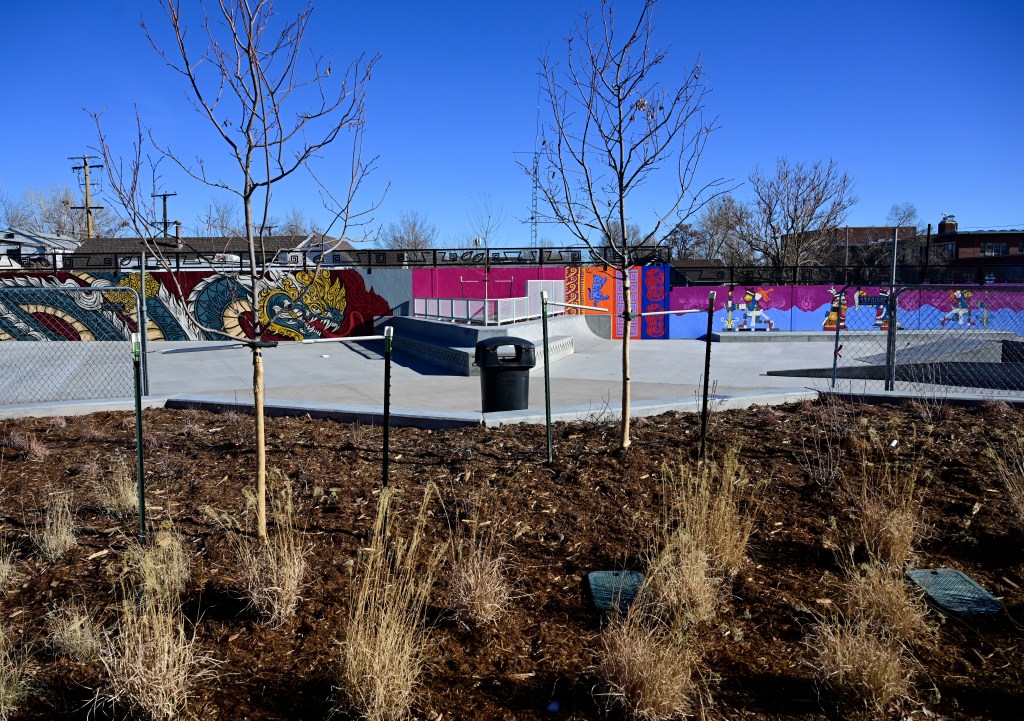Denver voters approved the city’s first dedicated sales tax in 2006 by supporting the creation of the Denver Preschool Program by the slimmest of margins — just 1,815 votes, or a fraction of a percent.
But nearly 20 years later, specialized taxes that set aside a slice of the city’s overall rate for a specific purpose have become popular among Denver voters. Voters later extended the preschool tax and increased it, from 0.12% to 0.15%, and in 2023 they voted a third time — this time with 78% support — to make it a permanent fixture in the municipal code.
Denver voters have passed six other dedicated sales tax measures since 2018, going for a range of programs and initiatives, and with some originating outside city hall. Combined, the city’s seven dedicated taxes account for 1.31% of the city’s effective 8.81% sales tax rate, which also includes state and regional taxes.
That 1.31% adds about 13 cents on a $10 purchase.
Here is a breakdown of what each tax does and how much the city has collected, as of the end of 2023.
Denver Preschool Program
First approved: 2006
Rate: 0.15%
Collections through 2023: $306.3 million
Projected 2024 revenue: $31.4 million
What does it do? The tax raises money to provide Denver families with tuition credits to send their 4-year-old children to preschools. Since Colorado implemented universal preschool last year, Denver’s program has used its funding to supplement tuition and extend classroom time. It’s also extended support to families of some 3-year-olds who have higher needs.
Parks Legacy Fund
Approved: 2018
Rate: 0.25%
Collections through 2023: $213.5 million
Projected 2024 revenue: $51.9 million
What it does: The tax added a dedicated funding stream for long-term planning and expansion of the city’s parks, trails and open space networks. Denver Parks and Recreation officials say their focus areas include creating a more equitable distribution of parks throughout the city.
Prosperity Denver (formerly the College Affordability Fund)
Approved: 2018
Rate: 0.08%
Collections through 2023: $66.9 million
Projected 2024 revenue: $16.1 million
What it does: The tax provides funding for programs focused on increasing enrollment in college and other post-secondary educational options for Denver students. Partner organizations can receive reimbursements of up 75% for scholarships they award.
Healthy Food for Denver’s Kids
Approved: 2018
Rate: 0.08%
Collections through 2023: $69.3 million
Projected 2024 revenue: $17.2 million
What it does: The tax funds a grant program for nonprofit groups, school districts (including Denver Public Schools) and local government agencies that provide healthy food and food-based education for children in the city. Award decisions are made by a 13-member committee that includes two members of the City Council, nonprofit leaders and community volunteers.
Caring for Denver
Approved: 2018
Rate: 0.25%
Collections through 2023: $209.2 million
Projected 2024 revenue: $50.5 million
What it does: This tax provides funding to support a wide range of public and nonprofit programs and services focused on Denverites’ mental health needs. The city’s 2024 budget book lists eligible services including suicide prevention, substance use treatment, prevention programs that present alternatives to jail, and housing and case management aimed at reducing homelessness. The Caring For Denver Foundation awards grants.
Climate Protection Fund
Approved: 2020
Rate: 0.25%
Collections through 2023: $138.6 million
Projected 2024 revenue: $51.8 million
What it does: The tax provides money for programs aimed at mitigating the causes of climate change, according to Denver’s Climate Action, Sustainability and Resiliency office, the nascent division of city government funded through the tax. Allowable uses include workforce training for green jobs, expanding access to solar energy and renewable energy technology, and supporting climate-friendly transportation choices. A popular program provides e-bike rebates to residents.
Homelessness Resolution Fund
Approved: 2020
Rate: 0.25%
Collections through 2023: $138.8 million
Projected 2024 revenue: $52.1 million
What it does: The tax has expanded Denver’s response to homelessness. It pays for subsidized housing programs, longer hours at shelters and support services for homeless people and those exiting homelessness. Tax proceeds have become a critical funding source for the Denver Department of Housing Stability.
Source: The Denver Department of Finance provided collections figures and 2024 revenue projections.
Note: The Denver Preschool Program, Caring for Denver and Prosperity Denver are managed by outside nonprofit organizations. The other four funds are managed by city officials. Funds with the same tax rate sometimes have different collection totals due to the rules and processes governing their revenue streams, including whether they accrue interest, city finance officials say.
Stay up-to-date with Colorado Politics by signing up for our weekly newsletter, The Spot.
Originally Published:
